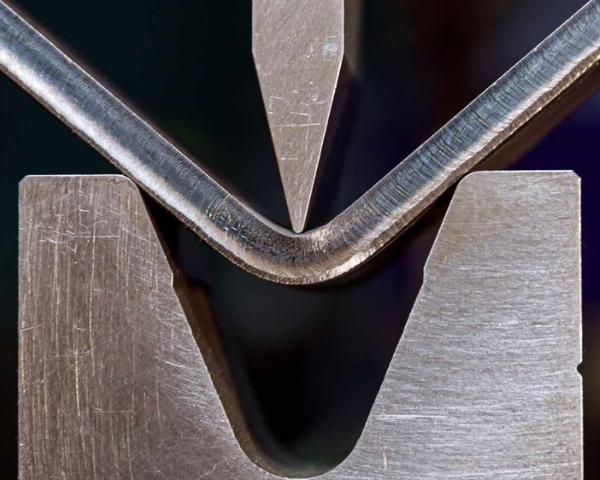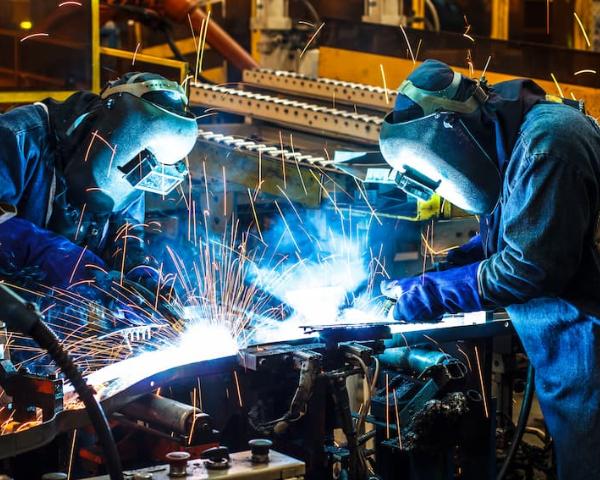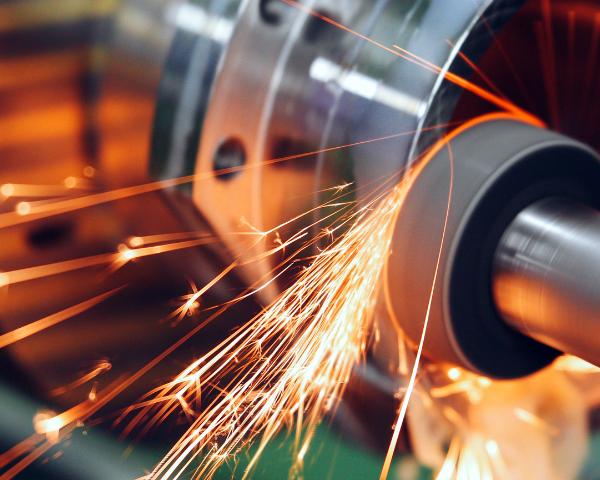- Office Hour: 10:00pm - 5:00pm
Manufacturing
- Home
- Manufacturing
Manufacturing
Cutting
In this initial stage, raw materials are precisely cut into specific shapes and dimensions using advanced cutting machinery. Accurate measurements and cuts are critical to ensuring the subsequent processes proceed smoothly.


Manufacturing
Punching
After cutting, the materials may undergo a punching process. Specialized machines are used to create holes, notches, or other desired shapes in the components, enhancing their functionality and aiding in assembly.
Manufacturing
Bending
Following the punching stage, the materials are then taken to equipment capable of bending them accurately. This step is crucial for forming the components into the required shapes, meeting the design specifications and structural needs of the final product.


Manufacturing
Welding
Once the materials are properly shaped, welding comes into play. Skilled operators use welding techniques to join various components securely, ensuring the structural integrity and strength of the final product. Welding is a critical step in achieving a cohesive and durable assembly.
Manufacturing
Grinding
Post-welding, the components undergo grinding, where surfaces are refined for a smooth and polished finish. This not only enhances the appearance of the components but also ensures precision and uniformity, meeting quality standards.

